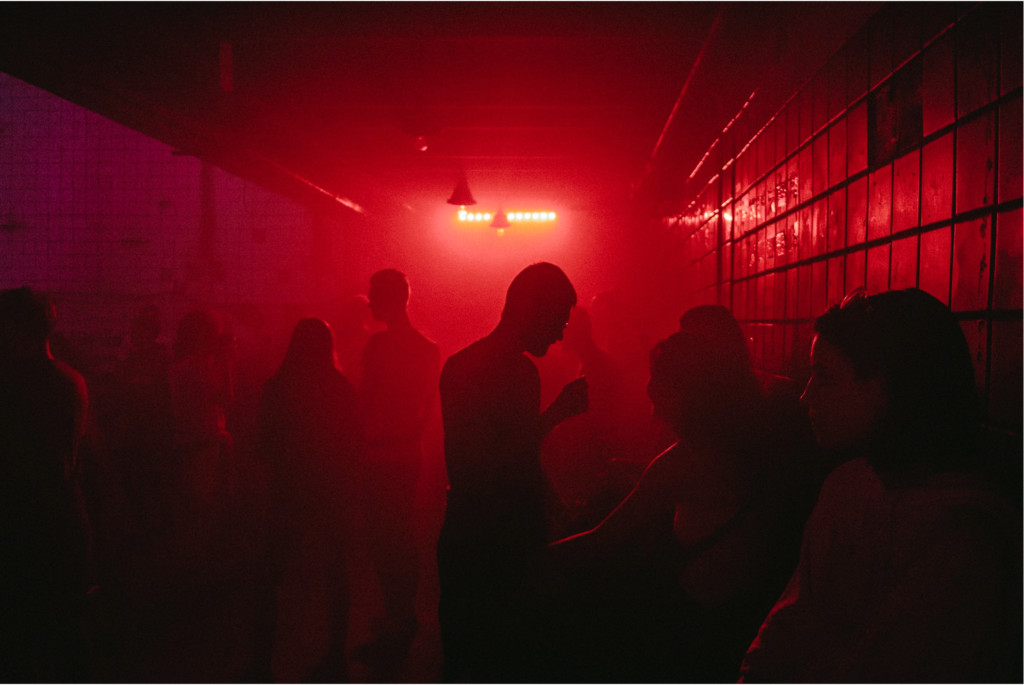Culture July 15, 2019
Changing the world one poem at a time.


Contemporary poetry has now become more popular than ever thanks to the grapevine that is Twitter and Instagram. Writing and reading new forms of experimental poetry has never been so accessible.
New, young poets are everywhere on social media. It’s not just that these poets are fresh voices, many of them are also queer. Partially in thanks to social media as well, queerness is becoming part of our national conversation. Young queer poets from many different backgrounds now have the platform to reshape contemporary poetry’s landscape.
Modern queer poets are taking things toward an exciting new stratosphere. Here are three queer poets changing the world of contemporary poetry.

At the age of 28, Danez Smith was a finalist for the National Book Award for Don’t Call Us Dead (2017). At 29, they became the youngest person ever to win the Forward poetry prize.
With a style marked by loose diction and a knack for a dynamic twist of a phrase, they bring a vibrancy and gusto to the contemporary poetry scene.
One of Smith’s best poems is “The 17-Year-Old & the Gay Bar.” It speaks of humid nights filled with vodka sodas and make-out partners. An electricity of youthful vitality currents through the entire piece.
The speaker of the poem professes, “i know not which god to pray to. /i look to christ, i look to every mouth on the dance floor, I order /a whiskey coke.” The “i” eventually seeps into a night-washed reverie, waiting to “worship anything i can taste.”


Raised in Hartford, Connecticut, but born in Saigon, Ocean Vuong made waves with his poetry collection Night Sky With Exit Wounds. He won the prestigious T.S. Eliot award in 2018. Since then, his work has been translated into many languages. He currently resides on the faculty of the University of Massachusetts, Amherst.
In his poem, “On Earth We’re Briefly Gorgeous” Vuong writes of escaping the memories of family matters by way of car-side hookups.
I wanted to disappear — so I opened the door to a stranger’s car. He was divorced. He was still /alive.
After this liaison, the speaker laments: “I threw myself on the bed like a torch & watched the flames gnaw through my mother’s /house until the sky appeared, bloodshot & massive.”
Donika Kelly released her first full-length poetry collection in 2016. Soon after, the National Book Award long-listed her work. With a PhD in English from Vanderbilt University, she currently teaches creative writing at St. Bonaventure University.
Her poem, “A Dead Thing That, in Dying, Feeds the Living” ponders over the relationship between the egg and life/death. It begins, “I’ve been thinking about the anatomy/of the egg, about the two interior membranes,/the yolk held in place.”
She continues to contemplate the nature of breaking and cooking an egg: “the albumen to dry in the sun—as if a hinged/jaw hadn’t swallowed you whole.” The poem ends with the word “spoil.”
The queer poets of today are serving out vital work for our society to eat up. Now, more than ever, is a good time to keep up with contemporary poetry. Being well-read in poetry no longer requires an understanding of complex literary allusions or access to a college library, with social media, anyone can be a poet and anyone can enjoy the changing landscape of contemporary poetry.